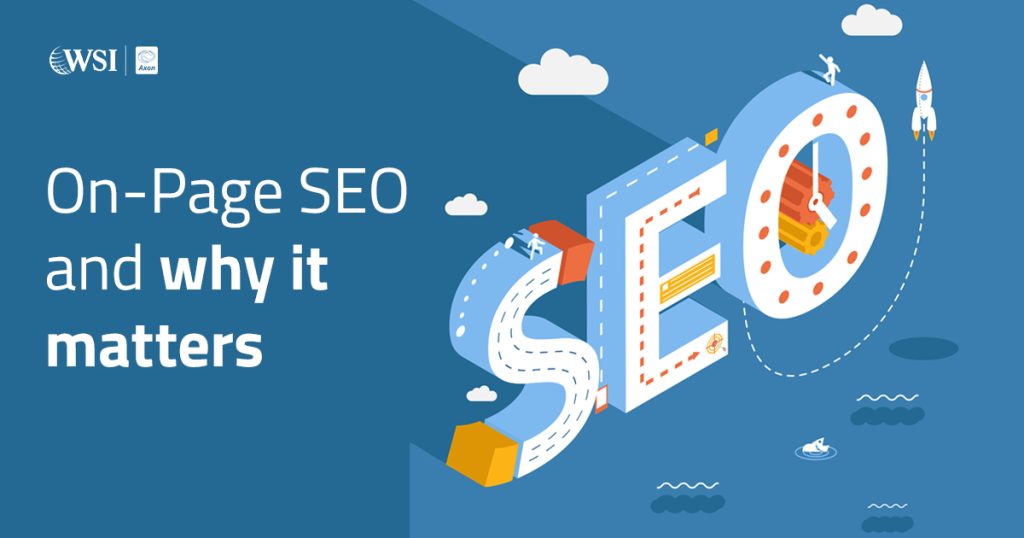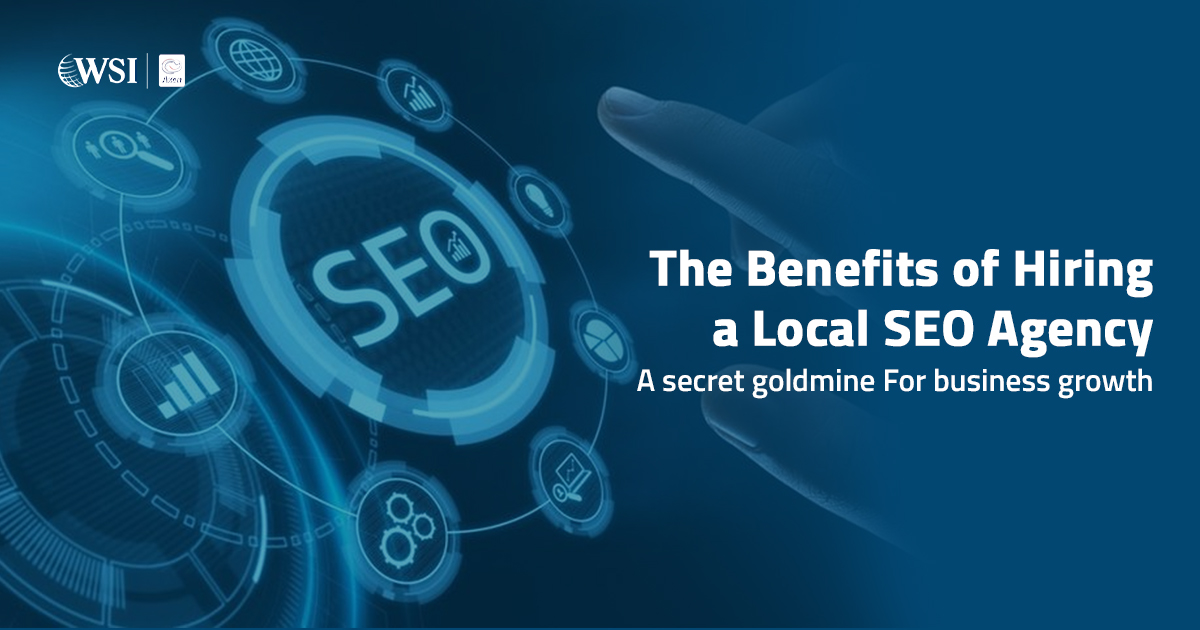

In an ever evolving digital world, search engine optimization (SEO) has become crucial for any business that wants to attract prospects for their service or product in this realm of highly competitive market.
If your website is not optimized for search engines, you might be missing out on so many potential customers who are constantly searching for your product or service online.
As a business owner or someone venturing into the online realm, understanding the fundamentals of search engine optimization (SEO) is crucial for the success of your business.
What Is Search Engine Optimization?
Search engine optimization (SEO) is the practice of optimizing your online content — be it a website, blogs or online store to make it more visible and appealing to search engines like Google or Bing with the aim of ranking higher in search engine results when users or prospects type in relevant keywords.
Two Elements Of SEO For Better Ranking
For businesses who want to make a significant impact on SEO and rank high on the search engines result pages, these are the key elements you should consider. These elements can be grouped into two; On-page SEO and Off-page SEO but this article will focus more on On-page search engine optimization.
On-page SEO


On-page SEO refers to elements on your website that you can control. It covers anything you can do on a webpage (internally) to improve your ranking on the search engines results pages.
On-page SEO Elements
Let’s look at some On-page SEO elements that can help your websites rank high in the search engines results pages.
Create Unique and Helpful Content
Content is King like they say. One of the most important On-page SEO elements to consider is creating high value content that matches your prospects search intent.
This is achieved by performing keyword research to find target keywords and strategically place them in your content. For example the keyword should reflect in your header, first paragraph and sub headers.
Write Title-Tags Enriched With Keywords
A title tag is a bit of HTML code used to specify the title of a webpage. It appears in Google’s search results, social media posts and in the browser tab.
Note: Title tags can influence whether a potential customer can click on your page. Therefore in writing a good Title Tag you should keep brief, include your target keywords and stand out .
Write Meta Description That Encourage Clicks
A meta description tag is an HTML element on a site that provides a brief summary of the page. And search engines like Google may use it to generate a snippet
Follow these best practices to increase your chances of Google using your chosen meta description:
- Consider mobile device when writing your meta description
- Include your target keyword
- Communicate your message clearly and concisely
- Add calls to action (CTA)
Optimize your URL
Search engines like Google recommend using simple URLS that don’t look confusing. In other words use words that are relevant to your content so that searchers can tell what your website is about.
Add Internal Links
Internal links are hyperlinks that point to different pages on the same site. They help search engines understand your site’s structure and how pages are related to each other and also they allow Google crawlers to discover and navigate to other sites.
Include Quality Image
Including images in your content increases your chances of ranking in Google Images. This is a great way to get more traffic to your site. With quality images in your content It provides context for search engine crawlers.
Add External Links to Authoritative Sources
External links refers to links from your website directing users to other external websites. These links play a crucial role in improving users’ experience and establishing trust with your audience.
Once these basic On-page SEO are properly implemented on your site then you can talk of advanced On-page SEO tactics such as:
- Optimize for page seed
- Target featured snippets
- Add Schema markup
Why On-Page SEO Matters
On-page SEO is crucial for your website’s visibility. It helps search engines understand your content’s relevance to user queries. As Google refines its algorithm, keeping your site optimized to the latest standards is essential.
Whether your business is large or small, on-page SEO is a key digital marketing strategy with a high ROI. It ensures your site ranks well on search engines, driving significant traffic.
Approximately 50% of website traffic originates from search engines, contributing to about 40% of online revenue. Neglecting on-page SEO can result in missed opportunities and losing ground to competitors.
Many companies invest in SEO agencies to navigate this dynamic landscape, given the industry’s worth of around $79 billion.
Also Watch to learn more: Take a Deep Dive Into On-Page SEO
For more Information contact WSI to get more information about why on-page SEO is important or for SEM agency services. Our team can help you improve the most important on-page SEO elements to help your business grow.



